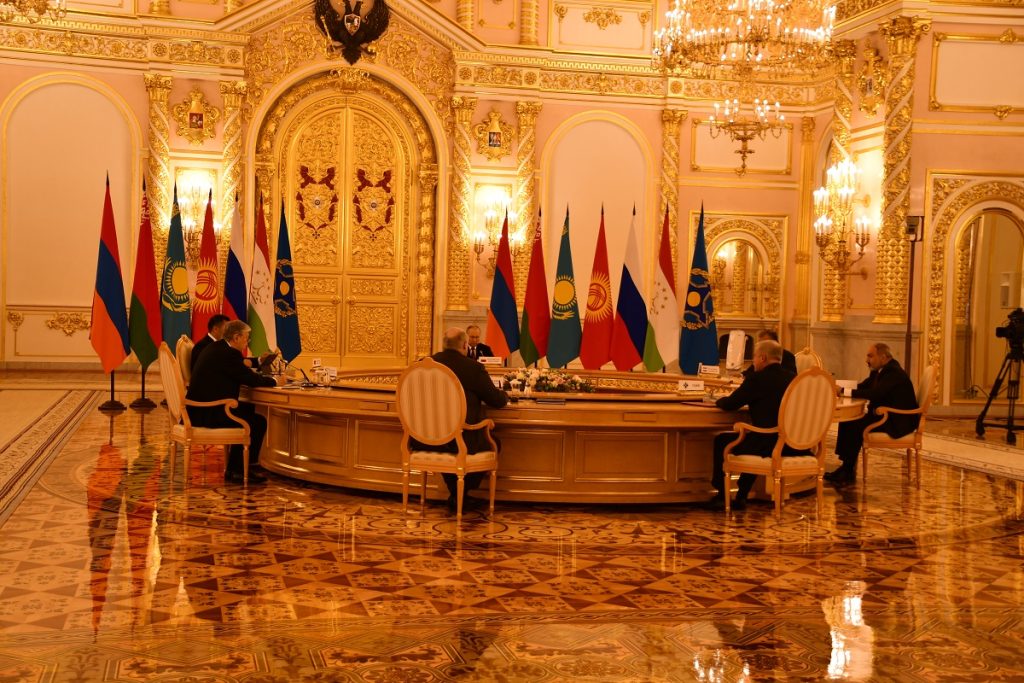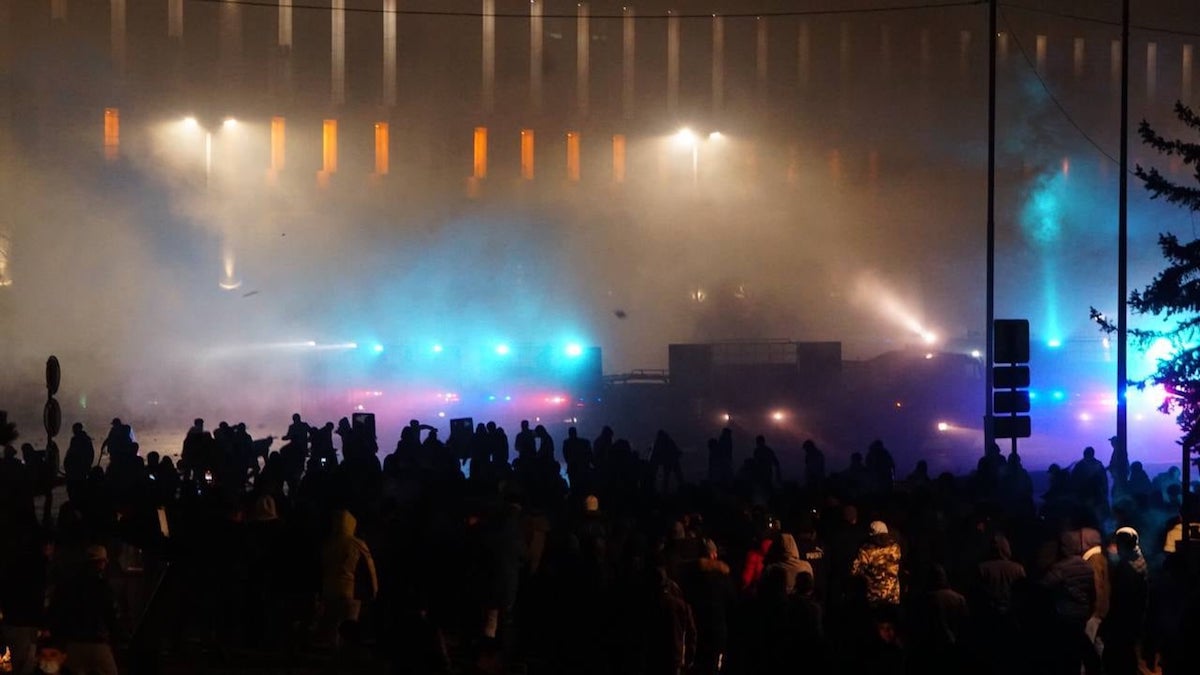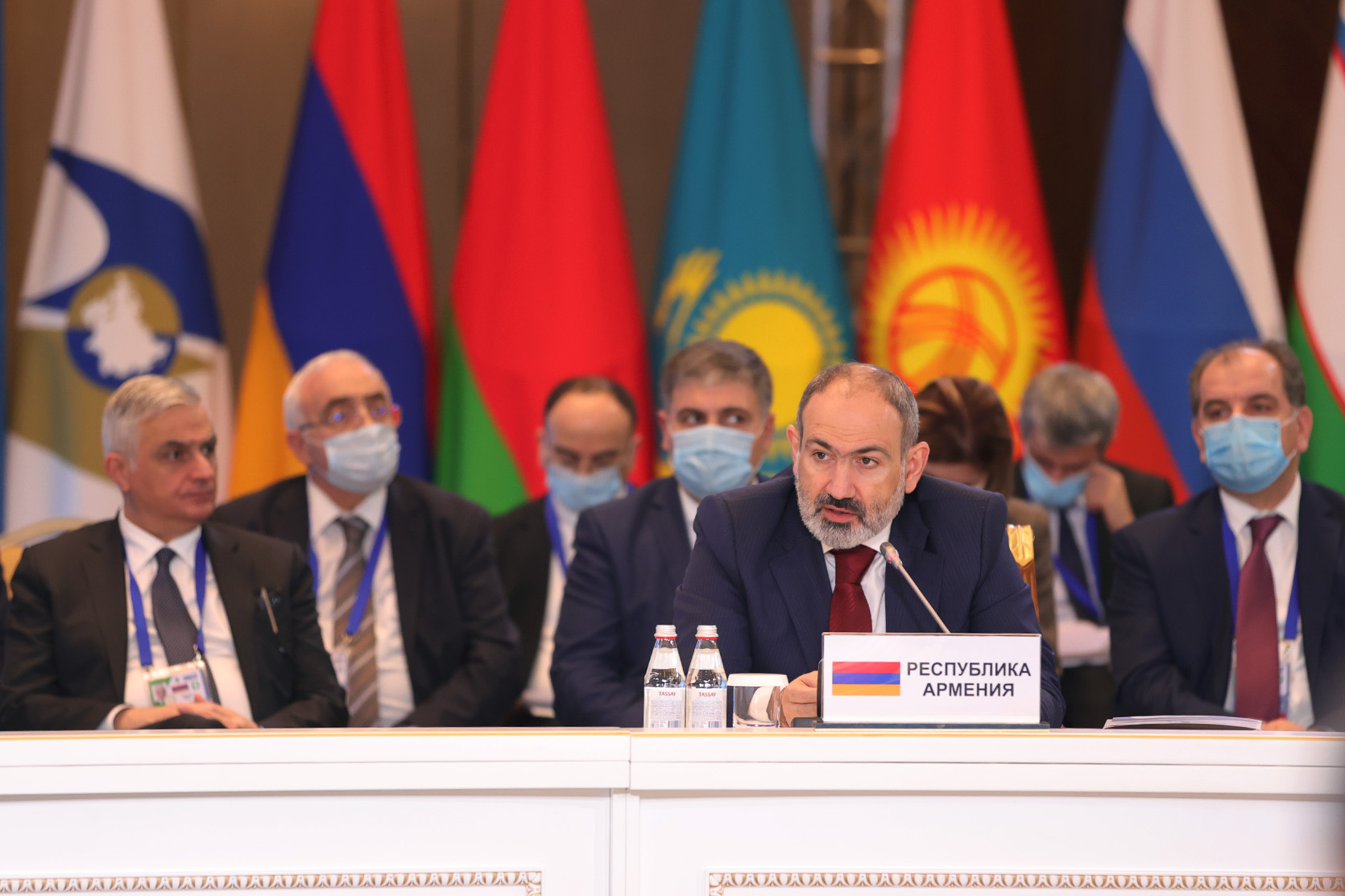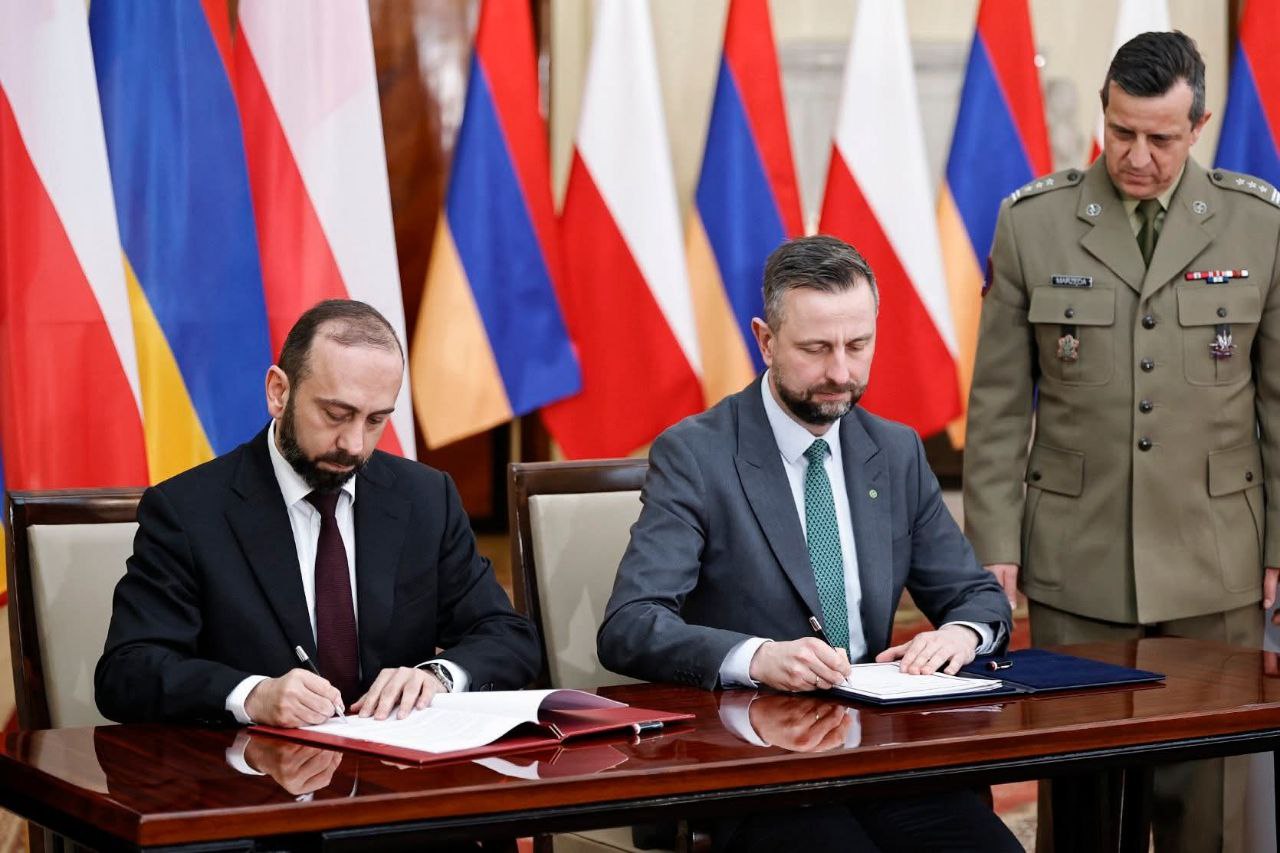CSTO military bloc celebrates 30th anniversary: how leaders view the alliance
Meeting of the leaders of the CSTO member states
A meeting of the leaders of the member-states of the CSTO military bloc, operating under the auspices of Russia, took place in Moscow. The summit was dedicated to the 30th anniversary of the signing of the Collective Security Treaty and the 20th anniversary of the creation of the CSTO organization itself. The block includes Russia, Belarus, Armenia, Kazakhstan, Kyrgyzstan and Tajikistan. Armenia has chaired the organization since autumn last year.
The Russian president said at the summit that the organization had “visibly grown stronger,” and the Armenian prime minister reiterated the bloc’s inaction when Armenia turned to it for help. This is not the first time Nikol Pashinyan reminds the CSTO leaders about the events of May last year, when the Azerbaijani Armed Forces invaded the sovereign territory of Armenia. The authorities of the country turned to the military bloc, of which Armenia is a member, for help, and so far have not received not only assistance, but also a clear answer about the position of the allies on this issue.
- “CSTO military contingent went to Kazakhstan, but never came to Armenia”
- Ex-President of Armenia: It is naive to believe that the CSTO will respond if Armenia is attacked
- CSTO Security Council meeting: threat to Kazakhstan or the CSTO?
Situation in the CSTO area of responsibility and in the world
Prior to the start of the summit, the Kremlin reported that “it is planned to discuss issues related to the expansion of military cooperation, with an effective confrontation with existing and new challenges and threats, including from the territory of Afghanistan. Particular attention will be paid to issues related to biosecurity”.
The President of Russia in his speech stated that the organization “has noticeably grown stronger, gained authority as an organization defending the sovereignty and territorial integrity of the CSTO countries.” He also spoke about the fact that the United States was creating biological weapons near the CSTO borders and announced that a series of joint military exercises were planned in the fall with the participation of military contingents of the CSTO member countries.
In his opening speech, Putin stressed that “Russia has no problems with Finland and Sweden”, but the expansion of NATO’s military infrastructure into these territories “will cause a backlash”. He justified this by the fact that NATO is used as an instrument of the US foreign policy.
After the opening speeches of the participants, the summit was held behind closed doors, and only at the end of it, CSTO Secretary General Stanislav Zas announced that;
- the summit was constructive;
- the issue of the participation of the CSTO in the special operation in Ukraine was not discussed at the summit;
- Putin informed his colleagues in the CSTO in detail about the course of the special operation in Ukraine;
- the summit participants made proposals based on the experience of the CSTO peacekeeping mission in Kazakhstan to improve the response system;
- the situation in the Caucasus region was also discussed, where “tension persists, despite the positive results in the negotiation process between Armenia and Azerbaijan”;
- A serious challenge for the CSTO members “was a sharp increase in the aggressiveness of world powers and military-political blocs in relation to the Russian Federation and its allies”.

Summit participants adopted a joint statement
The leaders of the CSTO member-states signed a joint document in which they assessed the activities of the block and announced the priorities for further work.
The main theses of the statement on behalf of the members of the Collective Security Council:
- We declare that the choice we have made in favor of joining efforts to maintain peace and security in the Eurasian space has stood the test of time.
- The treaty, concluded in 1992, fulfills its main task of ensuring the security and stability, territorial integrity and sovereignty of the states participating in it.
- The CSTO, established in 2002, raised the cooperation of the member states to a qualitatively new level of allied relations.
- The CSTO structure is being improved, the range of its activities is expanding in all major areas, including foreign policy coordination, military and military-economic cooperation, crisis response, and peacekeeping.
- Having the appropriate potential to ensure the security and stability of the member states, the CSTO firmly proceeds from the fact that there is no alternative to solving existing international problems by political and diplomatic means.
- We are concern about the selective application of international law, unwillingness to take into account the legitimate interests of sovereign countries, interference in their internal affairs,
- Realizing our responsibility for ensuring lasting peace in the Eurasian region, we emphasize the importance of reducing tension on the continent and reaffirm our readiness to establish practical cooperation with the North Atlantic Treaty Organization.
- We confirm that the CSTO will consistently ensure the security, sovereignty and territorial integrity of its member states, work to strengthen global and regional security, a fair settlement of international problems based on universally recognized norms and principles of international law.
Pashinyan harshly criticized the CSTO, but thanked Putin
The Prime Minister of Armenia began by saying that there is “a lot of positive things” in the history of the CSTO, this structure has been, is and will be the most important factor in ensuring security in the region. However, immediately after that, he started talking about its problems.
In particular, Pashinyan stated that on many issues that are essential for official Yerevan, which, moreover, concern the entire society of Armenia, the CSTO reacts ineffectively.
Speaking about the response mechanisms laid down in the charter of the organization, Nikol Pashinyan recalled that last year, around the same days, the Azerbaijani Armed Forces invaded the sovereign territory of Armenia. The country turned to allies in the military bloc, but expected help in vain, as the CSTO crisis prevention mechanisms were not activated.
“Unfortunately, we cannot say that the organization reacted the way the Republic of Armenia expected”, the prime minister said.
In addition, Pashinyan recalled that Armenia has repeatedly raised the issue of the sale of weapons by the CSTO states to Azerbaijan, as the prime minister put it, “a country unfriendly to Armenia”. These weapons were ultimately used against Armenia and the Armenian people, he said.
The Prime Minister stressed that the position of some members of the CSTO during the 44-day war in Karabakh and after it also “did not please Armenia very much”. But, along with this criticism, Pashinyan emphasized the role of Russia and, once again, thanked Vladimir Putin for his personal efforts to end hostilities in the fall of 2020 in Karabakh.
The prime minister concluded his speech in a positive way, emphasizing that “Armenia, as a founding member of the organization, is positively disposed to fully support the organization and its further development”.




















